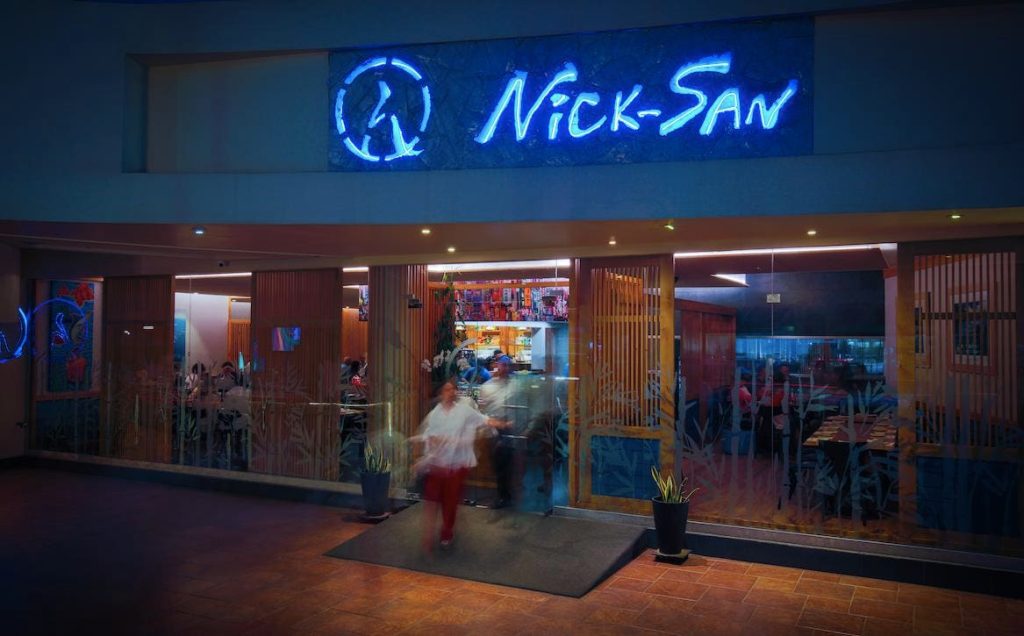In a recent trip to Los Cabos, Mexico, renowned chef Yotam Ottolenghi expressed his belief that cultural appropriation in foods provides a wonderful window into multicultural societies. Mexican cuisine, at its core, is based on the domestication of staples by ancient Mesoamericans, such as corn, beans, avocados, tomatoes, and chilies. Techniques like nixtamalization, developed by the native people, have been integral to the evolution of Mexican cuisine.
Over time, Spanish colonization introduced European ingredients and cooking techniques to Mexico, resulting in dishes like tacos al pastor and enchiladas that combine native and Spanish elements. The short French intervention in the 1860s also brought in French cooking techniques, leading to dishes like chiles en nogada and empanadas. The cultural fusion in Mexican cuisine continues to evolve and adapt.
Los Cabos, located at the southern end of the Baja California peninsula, showcases traditional Mexican dishes influenced by outside techniques and ingredients. The area’s cuisine, including dishes like chocolate clams, smoked marlin, and tamales, reflects a blend of native, Spanish, and global influences. Just as Mexico has exported its cuisine worldwide, it has incorporated culinary elements from various cultures.
In Los Cabos, chef Angel Carbaja has successfully fused Japanese and Mexican culinary traditions at Nicksan, the first Mexican-Japanese fusion restaurant in the region. Initially surprised by the idea, Carbaja partnered with Masayuki Niikura to create a unique dining experience that combines the best of both culinary worlds. The collaboration highlights the cultural exchange that continues to shape the culinary landscape.
Carbaja’s love for fishing is reflected in the unique dishes served at Nicksan, such as tempura oysters, curry yaki, bluefin tuna sashimi, and beef filet serranito. His focus on quality and teamwork has been instrumental in the restaurant’s success. Carbaja emphasizes the importance of taking care of his team and ensuring that the restaurant delivers high-quality dishes efficiently.
Looking ahead, Carbaja is optimistic about the future of Los Cabos as a culinary destination. He believes that collaboration within the community is key to further developing the region’s culinary offerings. With influences from various cultures and a commitment to quality, Los Cabos remains a vibrant hub for culinary innovation and cultural exchange.


